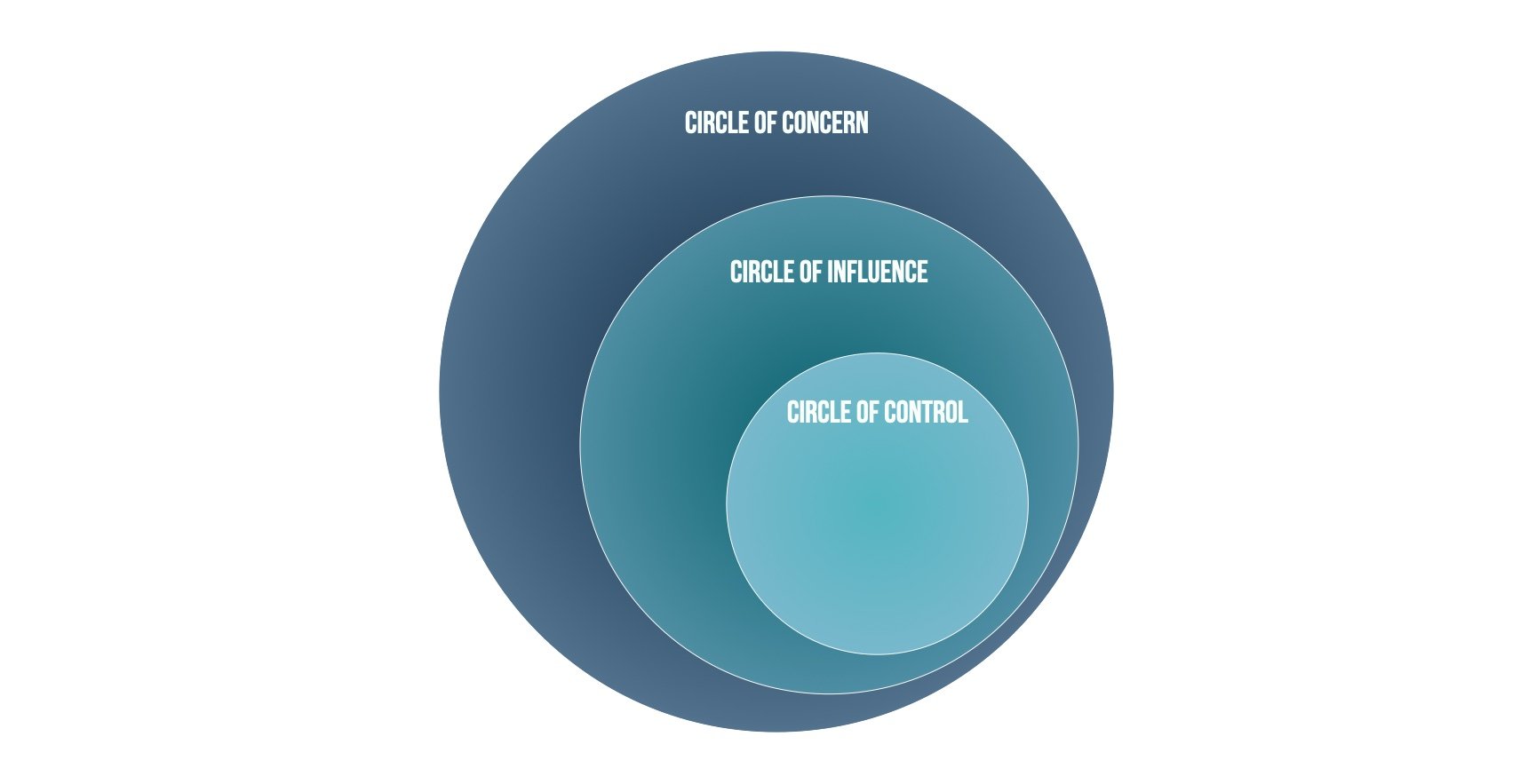


What VW’s €31 billion lesson in listening can teach you
Listening is too often dismissed as a fluffy, nice-to-have soft skill, when in fact it can be the make-or-break of a successful organisation.
In this article we share a case study of how a failure to listen at Volkswagen resulted in a scandal that reverberated around the world and did huge reputational and financial damage to the company.


Six ways leaders can build trust in tough times
In times of adversity, true leadership isn’t just about survival—it’s about thriving and turning challenges into opportunities. Whether you're facing an economic downturn, internal upheaval, or unexpected crisis, the key to leading your team through tough times comes down to one critical element: trust. In this article, we'll explore six powerful strategies that leaders can use to build and maintain trust, ensuring that their teams not only navigate the storm but emerge stronger and more united on the other side.










Managing Our Monkey Mind
When we face a challenge, when any of our fears or insecurities are provoked, we can easily go spinning off into a mental realm, no longer in contact with the here and now. Our survival brain hijacks the system and we get stuck under a spell of anxiety. Here we explore the antidote.

The 7 Qualities of Great Leaders
We’re regularly asked by clients about the qualities that make a successful leader so here we capture our thoughts. As successful leaders tend to embody many qualities, we have focused on the seven attributes that experience suggests in combination create enduring success.


The Value of Connecting
A recent survey by McKinsey revealed that those organisations who supported and encouraged ‘small connections’ between colleagues such as opportunities to discuss projects, share ideas, network, mentor, and coach, had higher productivity during the pandemic.

Plan for Hybrid Now, Save Later
Most organisations now acknowledge that the future of work will be hybrid. The majority of execs expect that, for roles that aren’t essential to perform on-site, employees will be at their desks for between 21 and 80 percent of the time.

Are you hybrid-ready?
The subject of hybrid working has become to HRDs what Brexit was to the British Media before the pandemic - omnipresent and grabbing most of the attention away from all other topics. Like Brexit, it is also open to interpretation, possibly making some leaders who understand the gravitas but not yet the strategy, to feel like chanting ‘hybrid means hybrid’!
